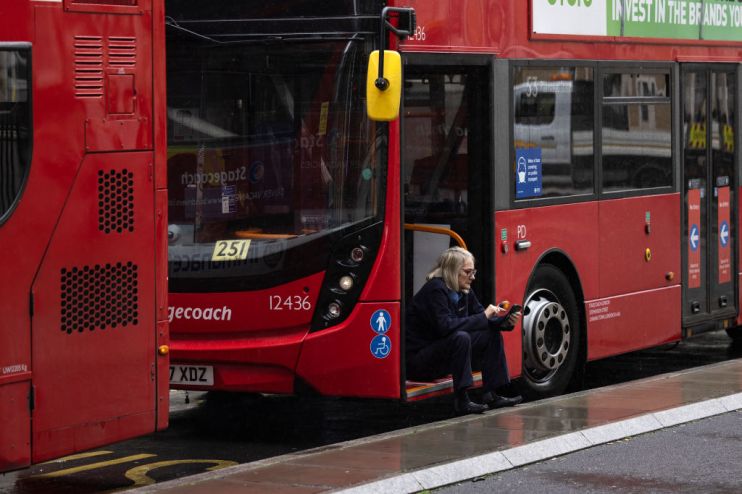Transport crisis: Key bus routes set to be axed as government support nears end

Essential bus routes may be axed as soon as the end of this month if emergency government funding support is not extended, transport firms have warned.
Councils and bus operators said there could be up to a 30 per cent reduction in bus services, with calls for the government to extend its Bus Recovery Support Grant.
The grant was introduced last year, providing operators and local authorities with £255.5m in funding support due to sharp declines in passenger numbers affecting revenues; it is due to end in March.
Jonathan Bray, Director at the Urban Transport Group, a key campaign group, said: “For the majority of people up and down the country, the bus remains the most used form of public transport.”
“We therefore urge the Government to extend funding support to allow time for patronage to recover further and for local transport authorities to focus their efforts on recovery – otherwise many of our valued bus services risk becoming extinct.”
The news also comes after weekend reports that rail firms are looking to scrap off-peak trains as they attempt to revive the railway after Covid.
The Rail Delivery Group (RDG), which speaks for companies such as FirstGroup and Govia, has urged ministers to use the private sector’s “in-depth knowledge of their customers and markets”, which may include “innovative” tickets that adjust prices throughout the day.
According to reports from The Sunday Times, there is a push for the government to consider a London-style system, like tap-in and tap-out, beyond the capital.
The RDG is seeking to revive proposals it made in 2019 to overhaul fare structures, which could end the quirk of single tickets on some routes costing almost the same as return fares.
This would mean a pay-as-you-go style when travelling to the likes of Manchester or Birmingham, for instance.
Like buses, there has been a significant drop of usage, with train lines seeing a 78 per cent drop in train journeys in 2020.
Proposals to change the fare structure first emerged in 2019, and the new proposals look at preventing overcrowding on popular routes.
Documents reveal that that the revenue shortfall in fares caused by the pandemic will “cumulatively be around £20 billion” by 2025
Andy Bagnall, director- general of the RDG, told the Times that the industry should “harness digital technology to have a much smoother curve of pricing through the day”
“That’s better because we will have fewer trains running with empty seats, and it’s better … because you have less crowding,” he said. The proposals were all made in a submission last week to the government’s consultation on the “Whole industry strategic plan for rail”.